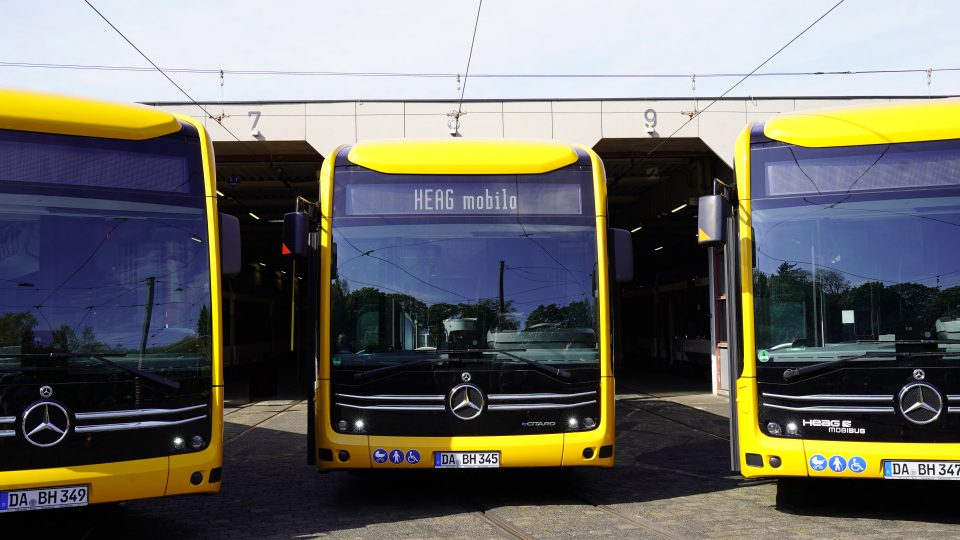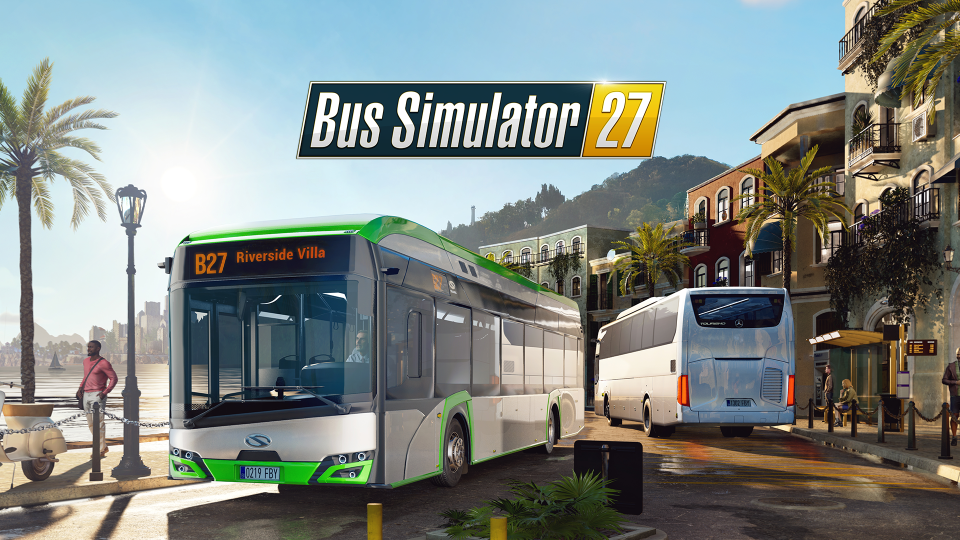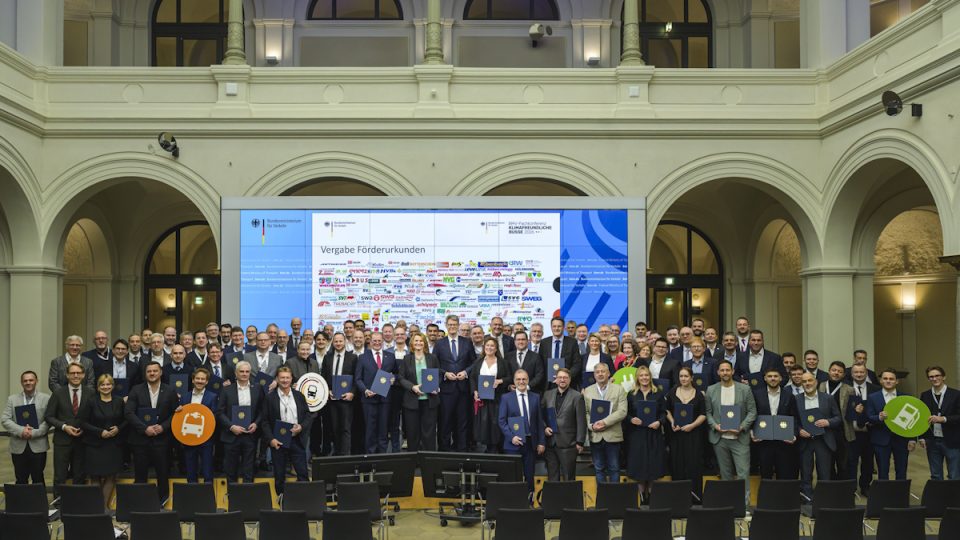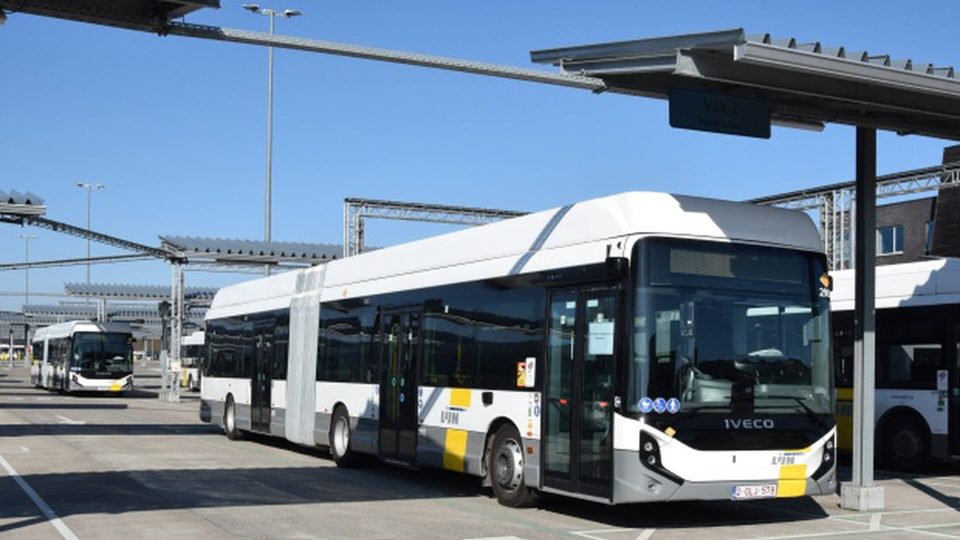Driverless shuttles company Navya files for judicial recovery in Lyon
Navya states it has filed for cessation of payments with the Commercial Court of Lyon on 25th January 2022. The stock price of Navya on the Paris Stock Exchange has dropped significantly in the past years. It was over 7 euros in 2018, at the time of the debut on Paris Stock Exchange, then had […]
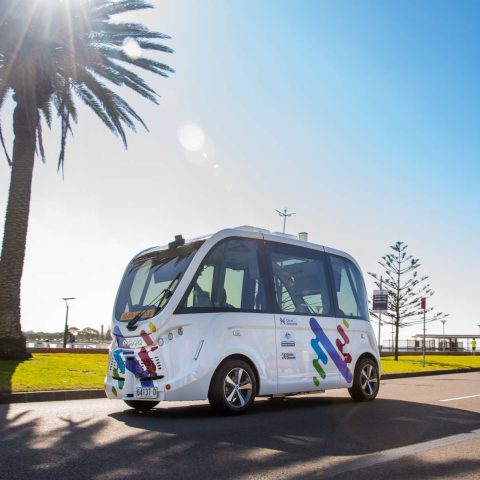
Navya states it has filed for cessation of payments with the Commercial Court of Lyon on 25th January 2022.
The stock price of Navya on the Paris Stock Exchange has dropped significantly in the past years. It was over 7 euros in 2018, at the time of the debut on Paris Stock Exchange, then had a peak of 4 euros in late 2020. From then, the decrease has been constant: on the day the company requested the suspension of its listing (24th January), Navya shares had a value of 3 cents.
Navya: judicial recovery asked
“Given the evolution of its share price and the liquidity of the shares on the market, Navya was no longer able to issue new tranches of OCABSA in an amount sufficient to cover all of its cash needs. Furthermore, all attempts at partnerships with investors have failed”, the company reports in a press note released on 25th January 2023. And adds: “As of today, the company has a payable liability and does not have sufficient available resources to meet it“. Navya has 280 employees and launched its autonomous vehicle in Lyon in 2016. In 2018 the company landed on the stock exchange.
Navya has then requested the opening of a judicial recovery procedure at the Lyon Commercial Court, with the goal of evaluating all solutions for the financial sustainability of the activity, maintaining jobs and seeking investors in the context of a recovery plan, through continuation or a sale plan.
FranceInfo reports that “While the market for autonomous vehicles appeared as a fantastic Eldorado a few years ago, the market has generally proven to be less promising than expected“. The researcher Alexandre Rigal is quoted as saying: “One of the problems with autonomous vehicles is that they do not allow for the replacement of cars in the city. In Lyon and many other developed countries’ metropolises, the trend is to prioritize soft mobility in the city center”.



